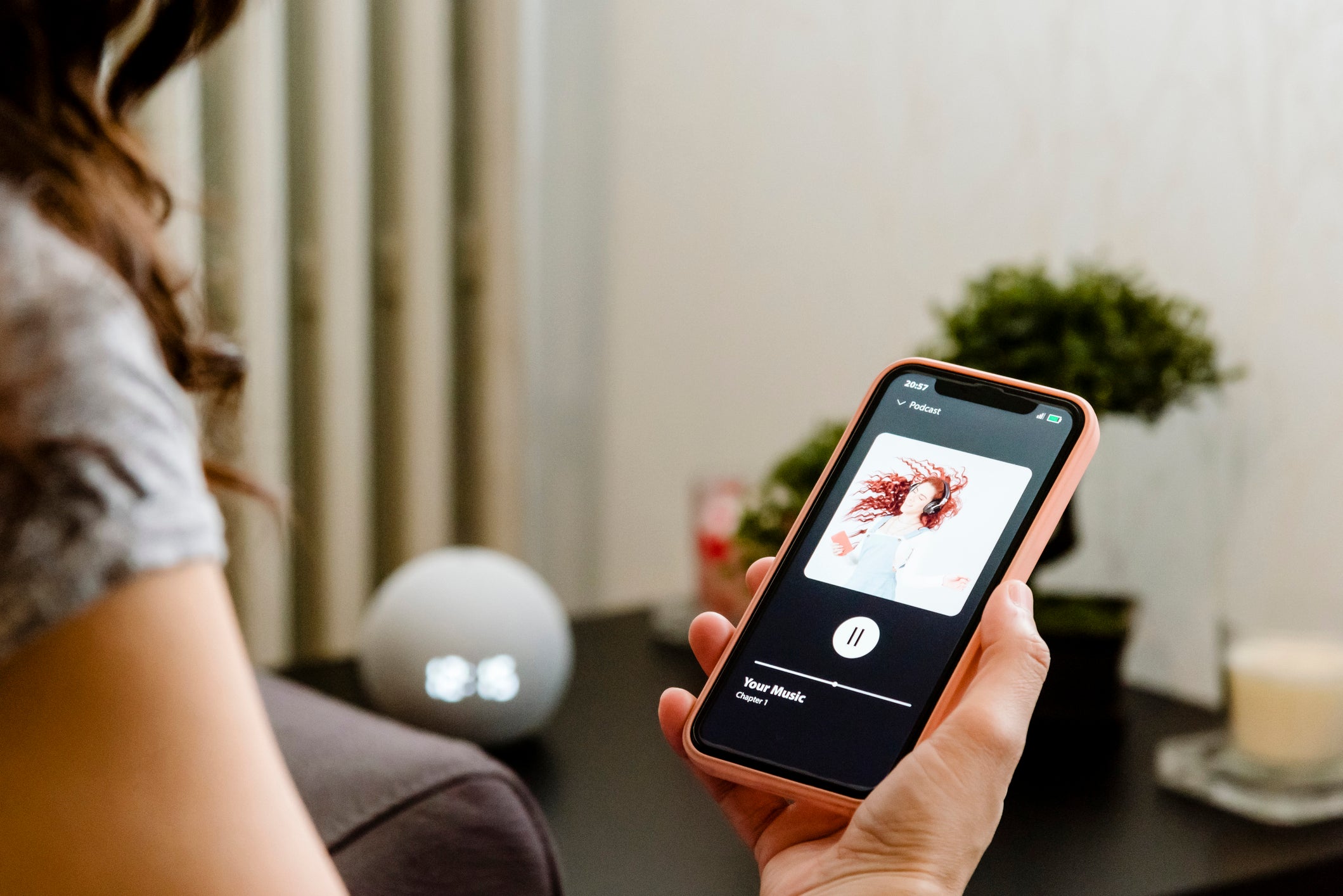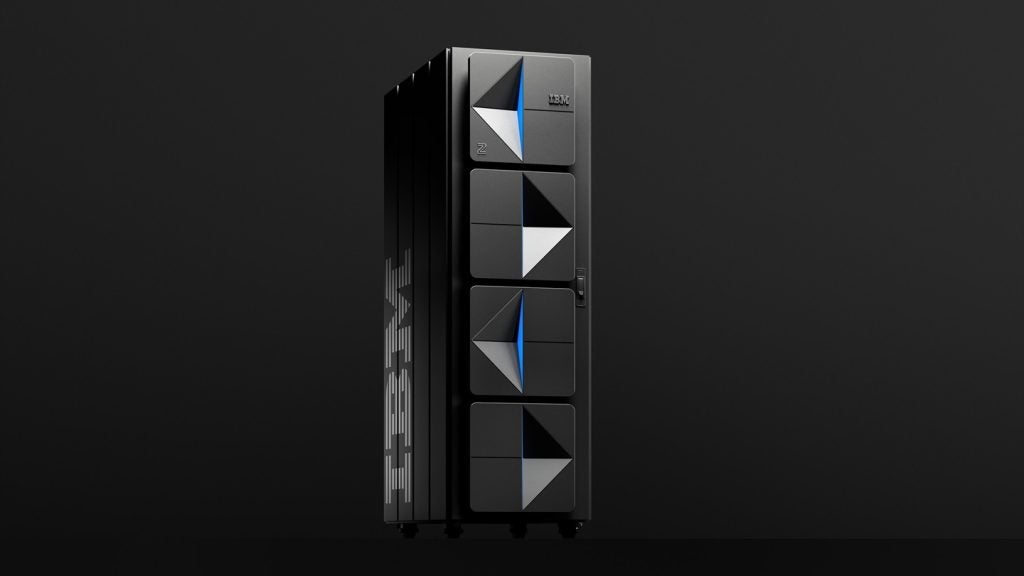
Leading record labels Sony Music, Universal Music Group and Warner Records are suing two AI startups over alleged copyright they claim is threatening the “entire music ecosystem”.
In a potentially landmark case for the music and technology industries, the world’s largest record labels claim that the two AI startups steal music to “spit out” similar work on an “almost unimaginable scale” which is threatening the “entire music ecosystem”.
Suno and Udio, two AI startups based in the US, are being asked for $150k in compensation per song the two companies have copied. The record labels accused Suno of copying 662 songs and Udio of copying 1,670.
Microsoft-backed Suno claims that over 10 million people have used its tool to make music. The startup recently announced it had raised $125m from investors.
Udio, backed by venture capital investor Andreessen Horowitz, rose to fame in April after being the program used to create the viral smash hit “BBL Drizzy”.
The leading record labels filed complaints in two US courts, stating that the AI companies are illegally making money from others’ work.
According to the complaints: “The use here is far from transformative, as there is no functional purpose for… [the] AI model to ingest the Copyrighted Recordings other than to spit out new, competing music files.”
The record labels said that the motive from Udio and Suno was “brazenly commercial and threatens to displace the genuine human artistry that is at the heart of copyright protection.”
Sony, Universal and Warner said there was nothing in AI that could excuse the companies’ “wholesale theft” of copyrighted recordings.
Artists, AI and copyright
AI companies working in the creative space have often maintained that the use of copyrighted material in the training of their systems is fine under the fair use doctrine.
The fair use doctrine in the US allows people to use copyrighted works without a license under conditions, most notably that it is in some way transformative.
In the UK, a similar law is known as fair dealing, which allows individuals to use copyrighted material for specific purposes, provided such use is considered fair and reasonable.
AI optimists argue that the training of AI models and tools is comparable to the human brain, which learns and is inspired by hearing different pieces of art.
However, the music and wider creative industry have been pushing back heavily against the use of emerging technology. A wave of authors, news organisations and other creative groups have filed complaints against AI companies for the alleged unfair use of their work.
In April, over 200 global music stars including Billie Eilish, Bon Jovi, Stevie Wonder and Nicki Minaj signed a letter calling for the “predatory use of AI” to be stopped in the music industry.







